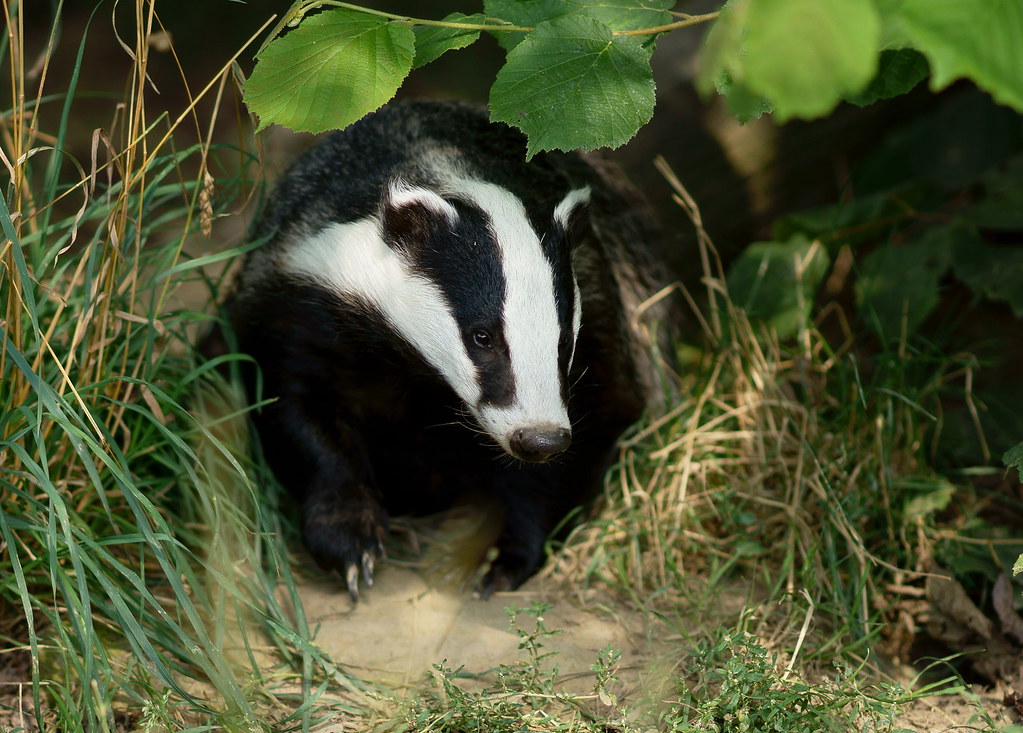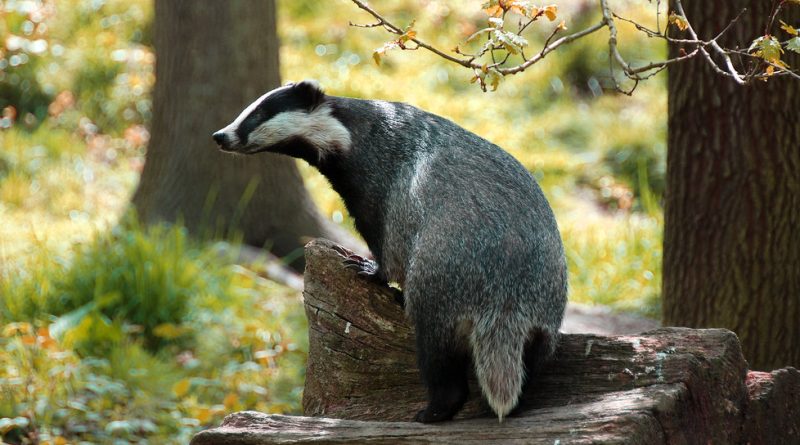The Cull is Coming to an End
Badger lovers who have been campaigning to end the Government funded culling of the animals will be cheering at the news this week that the end is in sight.
Responding to a petition signed by more than 100,000 people, Defra secretary Angela Eagle told a debate in Westminster Hall on Monday that the cull will end by the close of this season. No new licences to kill badgers will be issued.
The Pulse wanted to take a closer look at the history of the cull and earlier asked Jenny Pike from the Devon Badger Group to write a piece for us. The Devon Badger Group is a county wide volunteer run organisation which aims to protect badgers and their habitats, respond to injured badgers and to educate and further the public’s understanding of badgers and the threats facing them.
 We are committed to providing an emergency rescue service for badgers and other wildlife and our dedicated volunteers run our 24/7 emergency helpline, 07850 604585, and our rescuers are given training, support and provided with rescue equipment. We also assist Devon and Cornwall Police with illegal sett damage and badger persecution investigations and provide advice to members of the public on any badger related issues.
We are committed to providing an emergency rescue service for badgers and other wildlife and our dedicated volunteers run our 24/7 emergency helpline, 07850 604585, and our rescuers are given training, support and provided with rescue equipment. We also assist Devon and Cornwall Police with illegal sett damage and badger persecution investigations and provide advice to members of the public on any badger related issues.
Badgers face many challenges these days including housing developments, which can drastically reduce badger foraging grounds affecting their ability to find enough food, illegal sett disturbance and persecution, road casualties and more recently climate change. This can have a devastating effect on cub mortality in hot dry springs and it also results in an increase in adults needing urgent veterinary treatment due to dehydration and lack of available natural food such as earthworms, which make up a significant part of a badger’s diet.
In addition to all of these challenges, the biggest threat to Devon’s badgers since 2016 is the governments licenced badger cull policy which has cost the lives of over 42,000 of Devon’s badgers so far and is set to continue until the end of this Parliament. Nationally nearly 250,000 badgers have been culled since 2013 which is estimated to be around half the population and despite the Government’s commitment to ending the culls, calling them “ineffective,” they continue to expand, now reaching 46 areas across the country.
The badger cull policy was developed to tackle bovine Tuberculosis, which is an infectious disease of cattle, is present in the environment and can be carried by many species of wildlife including deer and other livestock but the government continues to focus on badgers instead of employing better testing methods and increasing biosecurity.
infection cow to cow – over 94%
Bovine TB (bTB) is a very complex disease, and it will take a range of measures to try and tackle it. The Devon Badger Group absolutely recognises how devastating this disease is on farmers, their families and livelihoods and the loss of cattle and income which results from a bTB breakdown which is why we have trained badger vaccinators able to help and support Devon’s farmers by offering low-cost badger vaccination until a viable cattle vaccine is available.
Science tells us that the badger can only play a very small part in the spread of bovine TB. Cattle continue to account for almost every case of infection cow to cow – over 94%. The remainder come from a variety of sources including environmental factors and other wildlife species. Extensive, prolonged and peer reviewed research (the Randomised Badger Culling Trial which killed 11,000 badgers) concluded that cattle-based measures of disease control could resolve the problem. It also concluded that although badgers were considered to be implicated, that badger culling would make no meaningful contribution to cattle TB control.

It is widely accepted that the 70 year old skin test (SICCT) used to detect bTB infected cattle is between 50-80% accurate, meaning up to half of the bTB positive animals could be missed, leaving them to spread the disease within the herd and to other farms. Other more accurate testing methods are available and would therefore be more effective at stopping the ongoing spread of the disease.
Despite the fact there is no substantive evidence that the culling of badgers is reducing bTB in cattle, the government has continued to extend the badger culls which now cover 25% of England.
Our organisation will continue to be an advocate for badgers and encourage tolerance, appreciation and respect for all wildlife.
If anyone would like any further information or would be interested in joining the Devon Badger Group, please email devonbadgergroup@gmail.com

